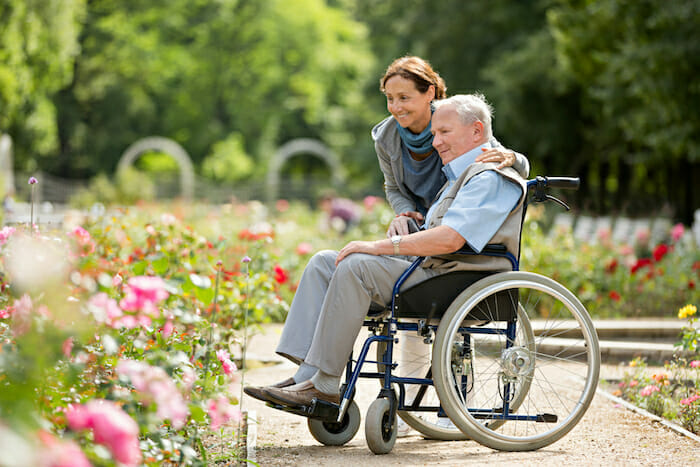As we age, certain health challenges become more prominent, and dealing with dizziness can be one of them. Understanding how to treat dizziness in elderly at home is crucial for ensuring the safety and well-being of our loved ones. Elderly individuals often experience dizziness, which can lead to falls and serious injuries if not managed properly.
Fortunately, there are several effective strategies and home-based treatments available. This guide will explore various methods to help alleviate dizziness at home, empowering caregivers and older adults alike.

Understanding Dizziness in the Elderly
Common Causes
Dizziness in elderly individuals can be caused by various factors, including vertigo, dehydration, medication side effects, and inner ear issues. Identifying the root cause is essential for effective treatment.
Symptoms to Watch For
Symptoms may include a spinning sensation, lightheadedness, or feeling unbalanced. Recognizing these signs early can prevent complications and guide appropriate care.
Home Remedies for Dizziness
Ensuring Proper Hydration
Dehydration is a common cause of dizziness. Encourage elderly individuals to drink ample water throughout the day. Keep a water bottle handy as a reminder.
Dietary Considerations
Maintain a balanced diet with essential nutrients. Foods rich in vitamin C and iron can help combat dizziness.
Creating a Safe Home Environment
Eliminating Hazards
Remove tripping hazards, secure rugs, and ensure rooms are well-lit to prevent accidents related to dizziness.
Adapting Living Areas
Consider using lift chairs to provide better support and minimize the risk of falls. You can also explore options like back massagers for relaxation and comfort.
Exercises and Therapies
Balance Exercises
Simple balance exercises can strengthen stability. Start with guided movements from a healthcare professional.
Physical Therapy
Engaging with a physical therapist can offer personalized exercise plans that address dizziness and improve overall mobility.
Monitoring and Professional Advice
Regular Check-Ups
Consult healthcare providers regularly to monitor health conditions contributing to dizziness. Adjustments in medication or treatments might be needed.
Importance of Professional Guidance
If symptoms persist, seek medical advice promptly. Early intervention can prevent further health complications.
Dealing with Emergencies at Home
Preparing for Falls
Ensure swift action with a personal alert system. This device can assist in quickly addressing emergencies.
Immediate Response Measures
Learn basic first-aid for falls and dizziness episodes. Know when to call for help if symptoms worsen.
Caring for the Elderly Mindset
Emotional and Mental Support
Dizziness can be distressing. Offer reassurance and be patient with older adults facing these challenges.
Encouraging Social Interaction
Loneliness can exacerbate health issues, including dizziness. Encourage participation in community activities or family gatherings.
The Role of Technology
Utilizing Health Gadgets
Explore health gadgets like grabber tools to aid in daily living without overreaching, preventing dizziness.
Tracking Health Progress
Use mobile apps to track hydration levels, medication, and exercise routines to manage dizziness effectively.
Alternative Treatments
Acupuncture and Yoga
Consider alternative treatments like acupuncture and yoga for holistic health benefits.
Herbal Remedies
Ginger and ginkgo biloba are known for their potential to reduce dizziness. Consult with a specialist before use.
Conclusion
Understanding how to treat dizziness in elderly at home involves a comprehensive approach, from simple lifestyle changes to employing modern technology and seeking professional guidance. For further insights on supporting elderly care, consider exploring resources such as elderly care tips that offer detailed strategies.

FAQs
What are the most common causes of dizziness in the elderly?
Common causes include inner ear problems, dehydration, low blood pressure, and side effects of medication.
How can home environment modifications help in managing dizziness?
Removing hazards and adapting furniture like using lift chairs enhances safety and prevents falls caused by dizziness.
When should I seek medical assistance for an elderly loved one’s dizziness?
If dizziness is frequent, severe, or accompanied by other symptoms like vision changes, seek medical help.
This article contains affiliate links. We may earn a commission at no extra cost to you.

